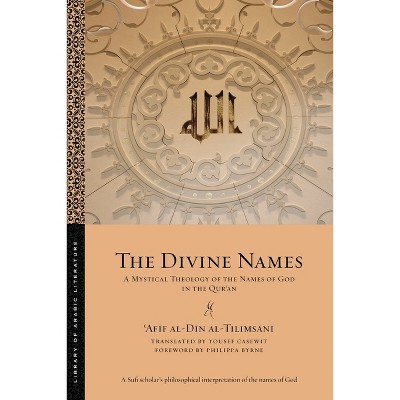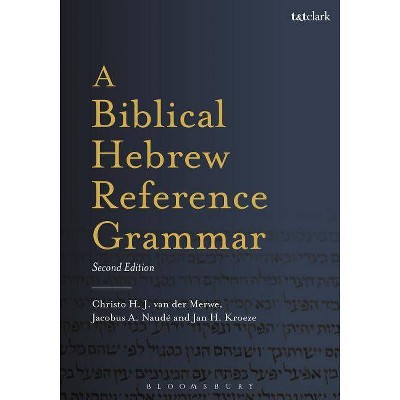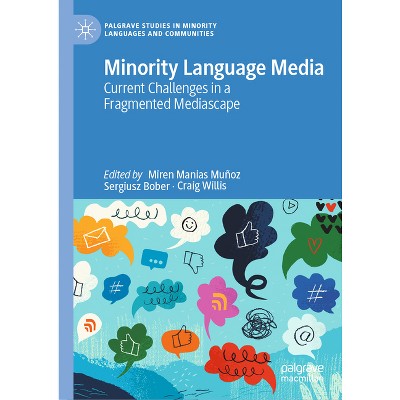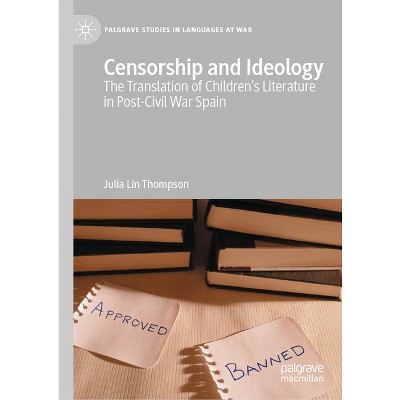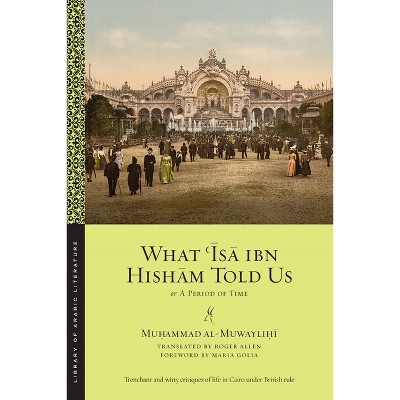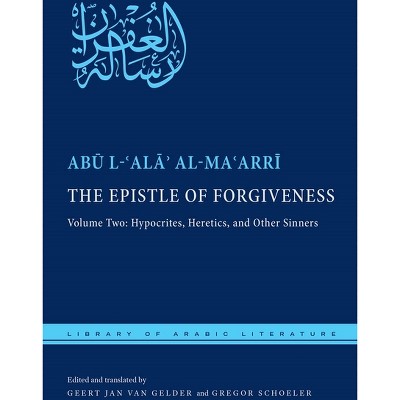The Standard Language Ideology of the Hebrew and Arabic Grammarians of the ʿAbbasid Period - (Semitic Languages and Cultures) (Paperback)

About this item
Highlights
- As a discipline, the study of Biblical Hebrew grammar began largely among Arabic-speaking Jews of the Middle Ages, particularly in the ʿAbbasid period (750-1258 CE).
- Author(s): Benjamin Paul Kantor
- 234 Pages
- Religion + Beliefs, Biblical Biography
- Series Name: Semitic Languages and Cultures
Description
Book Synopsis
As a discipline, the study of Biblical Hebrew grammar began largely among Arabic-speaking Jews of the Middle Ages, particularly in the ʿAbbasid period (750-1258 CE). Indeed, it has long been acknowledged by scholars that the Hebrew grammatical tradition, in many ways, grew up out of and alongside the Arabic grammatical tradition. Many concepts present in Hebrew grammar have their origins in the writings of Arabic grammarians of the ʿAbbasid period. And yet, as recent linguistic and anthropological work has shown, setting down 'the grammar' of a language can be as much an ideological or political activity as an academic one.
In addition to the language itself, speech communities also share beliefs and attitudes about that language-what linguistic anthropologists would term a 'language ideology'. Language ideology can have a dramatic impact on what forms of the language one regards as acceptable and what sort of rules one imposes on and through their description of the language. Nevertheless, while much work has been done on the interface between Hebrew and Arabic grammar and literature in the Middle Ages, interface of their respective language ideologies has yet to be treated theoretically or systematically.
In the present book, then, we survey six specific characteristics of a 'standard language ideology' that appear in both the writings of the Hebrew grammarians who wrote in Judeo-Arabic and the Arabic grammarians during the ʿAbbasid period. Such striking lines of linguistic-ideological similarity suggest that it may not have been only grammatical concepts or literary genres that the medieval Hebrew grammarians inherited from the Arabic grammatical tradition, but a way of thinking about language as well.
Review Quotes
These volumes represent the highest level of scholarship on what is arguably the most important tradition of Biblical Hebrew. Written by the leading scholar of the Tiberian Masoretic tradition, they offer a wealth of new data and revised analysis, and constitute a considerable advance on existing published scholarship. It should stand alongside Israel Yeivin's 'The Tiberian Masorah' as an essential handbook for scholars of Biblical Hebrew, and will remain an indispensable reference work for decades to come.
--Dr. Benjamin Outhwaite, Director of the Taylor-Schechter Genizah Research Unit, Cambridge University Library
Shipping details
Return details
Trending Non-Fiction






